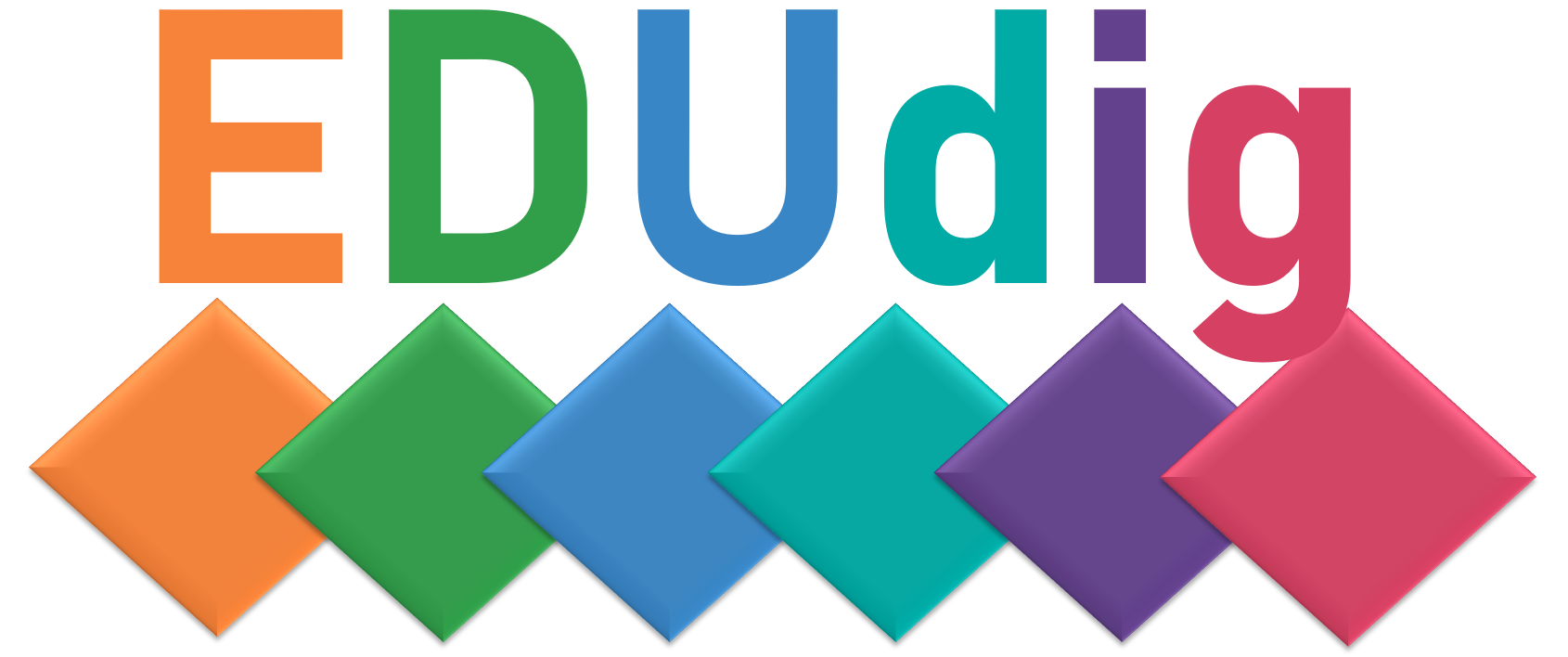Educators and students work and learn in increasingly intercultural and inter-generational online contexts. This requires thoughtful accommodations in regard to the challenges of the online medium and language socialization in order to reach positive learning experiences.
Each learning context is different, thus requiring a lot of cultural knowledge and agility from the educator. The educator should be aware of common challenges and barriers to intercultural communication, explore the development of intercultural sensitivity, and learn effective language use strategies for intercultural contexts and the cultural dimensions that may impact intercultural communication.
Some reading tips enable educators to familiarize themselves with this wide area and become aware which intercultural interaction qualities are in need for them personally or for the students. These include elements such as the integrity of formation of personal qualities and abilities, the ability to switch from one culture-specific code to another, taking into account their differences, flexibly vary communication strategies and tactics, maintain a positive attitude; choice of verbal and non-verbal means (Balanaieva & al. 2020).
Balanaieva, O. & al. 2020. Development of Skills of Intercultural Communication in the Process of Studying at Higher Educational Institutions. International Journal of Higher Education. Vol. 9, No. 7;
Griffith, R. L., Wolfeld, L. Armon, B. Rios, J. & Liu, O. L. 2016. Assessing Intercultural Competence in Higher Education: Existing Research and Future Directions. ETS Research Report Series.
Gupta, S. & Gupta S. 2022. Massive Open Online Courses: Promoting Intercultural Communication. In: Handbook of Research on Teaching Strategies for Culturally and Linguistically Diverse International Students. Abstract.
Sadykova, G., & Meskill, C. (2019). Interculturality in online learning: Instructor and student. accommodations. Online Learning, 23(1), 5-21.
